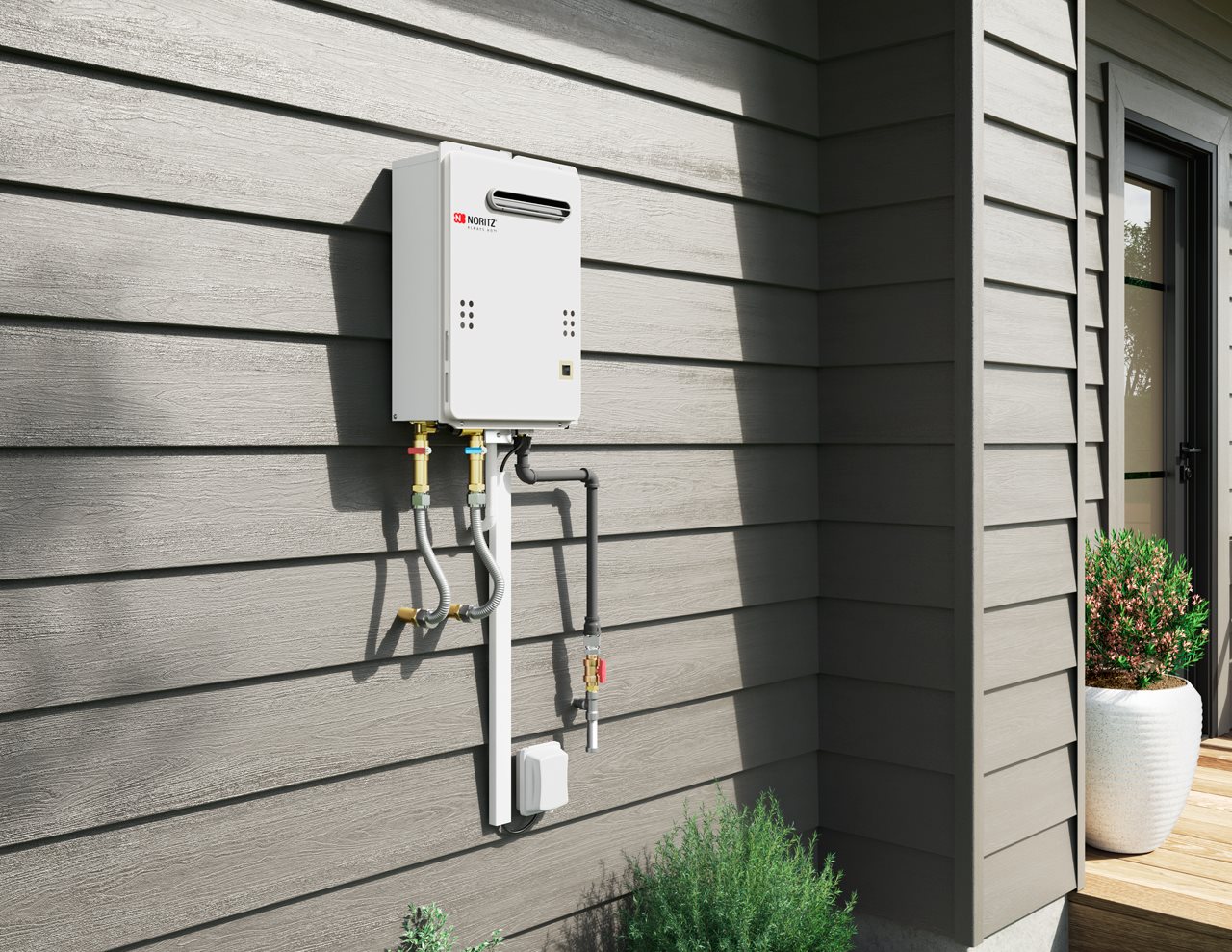(BPT) - Over the past few years, more and more American families have opted for multigenerational living arrangements. A survey by Generations United found that 26% of American adults live in multigenerational households.
With so many people under one roof, it can be hard to make space for everyone to live their lives without stepping on anyone's toes, literally and figuratively. Luckily, a new trend may make living with family more feasible and economical: accessory dwelling units (ADUs).
What is an Accessory Dwelling Unit (ADU)?
ADUs - also known as in-law suites or granny flats - are affordable detached living spaces, usually 600-1,200 square feet, that allow families to live close together. They're especially useful for supporting aging parents or housing younger adults just starting out in life.
According to the National Association of Home Builders, almost anything can be an ADU with the right setup, such as detached garage-style conversions or those attached to main homes in basements or separate units.
Because ADUs tend to be small compared to other housing alternatives, space is at a premium. ADU owners will need to downsize their possessions to live in one comfortably, especially their appliances.
When you think of household appliances, refrigerators, dishwashers, and laundry machines are probably the first things that come to mind. However, one appliance that you can't live without and that can take up a considerable amount of space is your water heater.
A conventional tank water heater in a residential area can vary in size. Still, even a 1-2 person household needs at least a 30-gallon tank. As you can imagine, a tank that large takes up a considerable amount of space indoors.
You may be able to install a water heater outdoors, but you may not have enough space on your land to do so. Also, if you live in a colder climate, your water heater must work much harder to heat water, driving up your electricity bill.

Tankless water heaters: A space-saving solution
You don't have to give up space to have hot water in an ADU. A technology that efficiently heats water with minimal space already exists, and it's the perfect fit for small dwellings.
Unlike traditional water heaters with large tanks, tankless water heaters save valuable square footage in an ADU. They're typically wall-hung, requiring zero footprint. In milder climates, tankless water heaters can be mounted outside the home on an exterior wall.
How small are tankless water heaters? Noritz sells a unit that is about the size of a carry-on suitcase. The company also offers wall-mounting brackets that provide easy installation and flexibility in placement. Units can slide from left to right, allowing installers to adjust post-installation while freeing up valuable floor space.
A world of benefits
Space isn't the only thing you'll save with a tankless water heater. You'll also save on energy. Conventional tank water heaters store 30-80 gallons of water and continuously heat it, using energy 24/7 year-round. It would be like leaving the stove's pilot light on all the time to keep it warm for when you decide to cook.
Tankless water heaters, on the other hand, heat water on demand. Because the heater does not store water, it flash heats water on demand. If you've ever used a Keurig to make coffee, then you've seen flash heating at work. As soon as the demand for hot water stops, the burners turn off, and no more energy is used.
This 'on-demand' heating reduces energy consumption by eliminating standby heat loss, resulting in potential energy savings and lower utility bills in the long run. ADU homeowners can save up to 40% on their utility bills over the life of the tankless unit.
Additionally, local gas and utility rebates help offset the upfront cost of tankless water heaters. These rebates are provided by local governments or utility companies to encourage the adoption of energy-efficient appliances like tankless water heaters. Coupled with the potential savings from on-demand heating, these rebates offer significant utility bill reductions for ADU homeowners.
Convenience is another benefit. A tank water heater can run out of hot water, and when it does, you'll have to wait until the tank refills and reheats. Meanwhile, tankless water heaters provide a continuous hot water supply at the desired temperature, so you'll never have to worry about running out. No more arguments between family members about using up all the hot water!
When choosing between tank or tankless, you should also consider durability. A typical tank water heater lasts 10-12 years on average. Over time, mineral sediment builds up at the bottom of the tank, decreasing efficiency as it ages. When a key part breaks, you have to replace the entire unit. And if the tank fails, it does so in a dramatic fashion. Nearly three of every four water heaters fail due to a tank bursting or leaking 30 to 80 gallons of rusty water - depending on tank size - in your finished basement, attic or garage.
When you install or replace a tankless water heater, you're investing in an appliance built to last a quarter of a century. Tankless water heaters are equipped with technology to prevent sediment buildup and corrosion, while their modular parts are easily replaceable, thereby extending the water heater's life. If you choose a model like one from the Noritz EZ series, you'll get the industry's only 25-year warranty. You can rest easy knowing your ADU will have hot water for years to come.
Whether you're planning on adding an ADU to your home or have an ADU water heater that needs replacing, consider ditching your tank water heater for tankless technology fit for small dwellings. To learn more about installing or replacing a conventional water heater with a tankless version in your ADU, visit Noritz.com.





